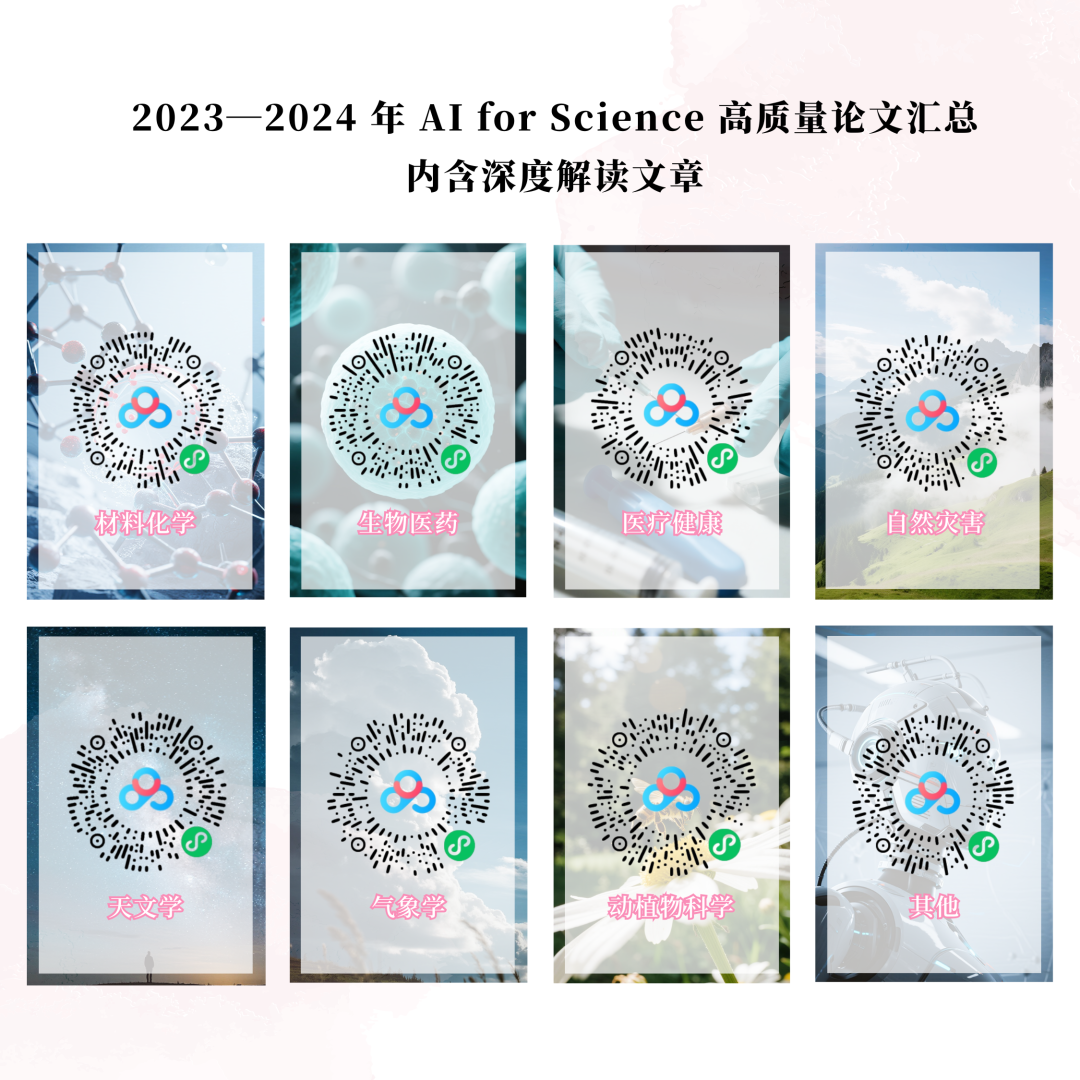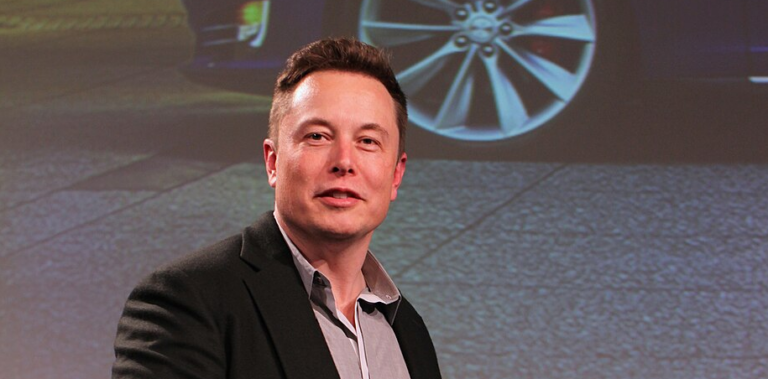Command Palette
Search for a command to run...
From high-paying Poachers From OpenAI and Google to a Sudden Hiring Halt: Meta MSL's Key Personnel Review: Half Are Chinese, and 751 TP3T PhDs Are the Main Force
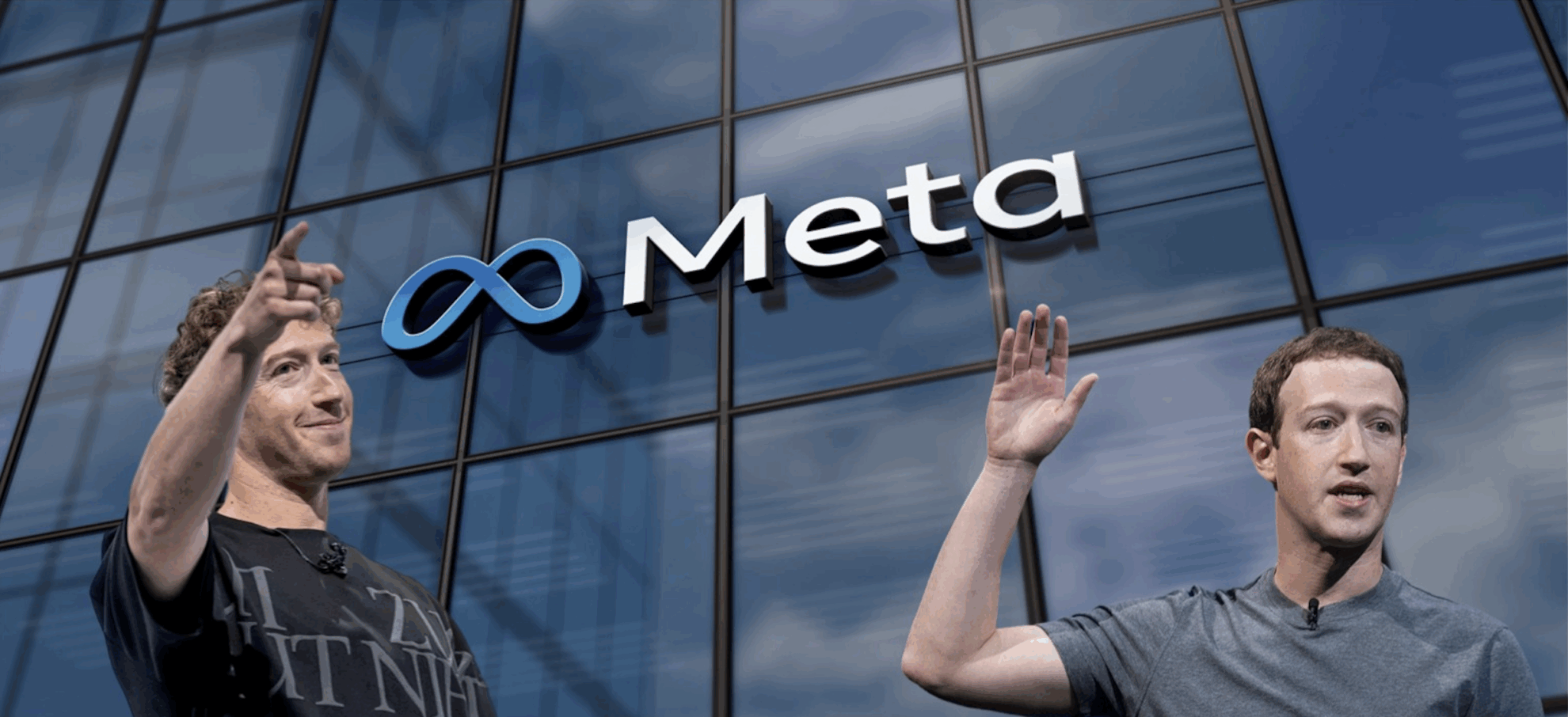
Meta has been going through a rough patch recently, with high-priced talent acquisitions, frequent reorganizations of its super-intelligent team, new models turning closed-source, core members leaving, internal management in disarray, and a falling out with Scale AI. The talent acquisition strategy, which was originally intended to catch up with competitors like OpenAI and Google, has instead dragged Meta into a predicament.
The story goes back to June of this year, when Mark Zuckerberg decisively acquired a 49% non-voting stake in Scale AI for nearly $15 billion, bringing both data and talent into the Meta AI race. Simultaneously, Scale AI founder Alexandr Wang joined Meta to spearhead the creation of Meta Superintelligence Labs (MSL). Together with researchers recruited from leading AI labs like OpenAI, DeepMind, and Anthropocene, they formed the core team dedicated to the pursuit of superintelligence. Zuckerberg personally courted these individuals, sending lucrative offers via email and WhatsApp, offering nine-figure signing bonuses and total compensation packages for some key hires reaching as high as $100 million.
In a short period of time, this unprecedented spending spree made Meta a fierce player in the AI talent race. However, unexpectedly, this massive recruitment campaign has come to an abrupt halt recently. In mid-August, Meta announced a hiring freeze for its AI department and explicitly prohibited existing employees from transferring across teams within the department.Meta has not given a clear answer as to how long the hiring freeze will last.
Later, a Meta spokesperson explained the move as "fundamental organizational planning," emphasizing that it was intended to establish a more stable structure after completing the talent acquisition process and align with the company's annual budget and plans. Clearly, this wasn't a simple "pause," but rather a strategic adjustment.
Undoubtedly, this statement did not reverse Meta's "high opening and low closing" situation. Within a few days of announcing the organizational restructuring, MSL's "recruitment boom" took a sharp turn for the worse.With frequent organizational adjustments, some new employees regret their job hopping:According to Financial Express, Rishabh Agarwal announced his departure from Meta just five months after joining, and at least three researchers chose to return to OpenAI. Furthermore, the high-salary talent recruitment program also caused many senior employees to feel marginalized and resign one after another. In just two months since MSL was founded, from PyTorch veterans to newly recruited Silicon Valley talents,At least nine people have been reported to have resigned.
A Meta spokesperson said: "For any organization of this size, some attrition is normal."
Alexandr Wang leads the charge: Ability and skepticism go hand in hand
Indeed, compared with the talent matrix that Zuckerberg has invested heavily in, the current talent loss is indeed not worth mentioning.
Once MSL was established, it was headed by Alexandr Wang, the 28-year-old founder and CEO of Scale AI.
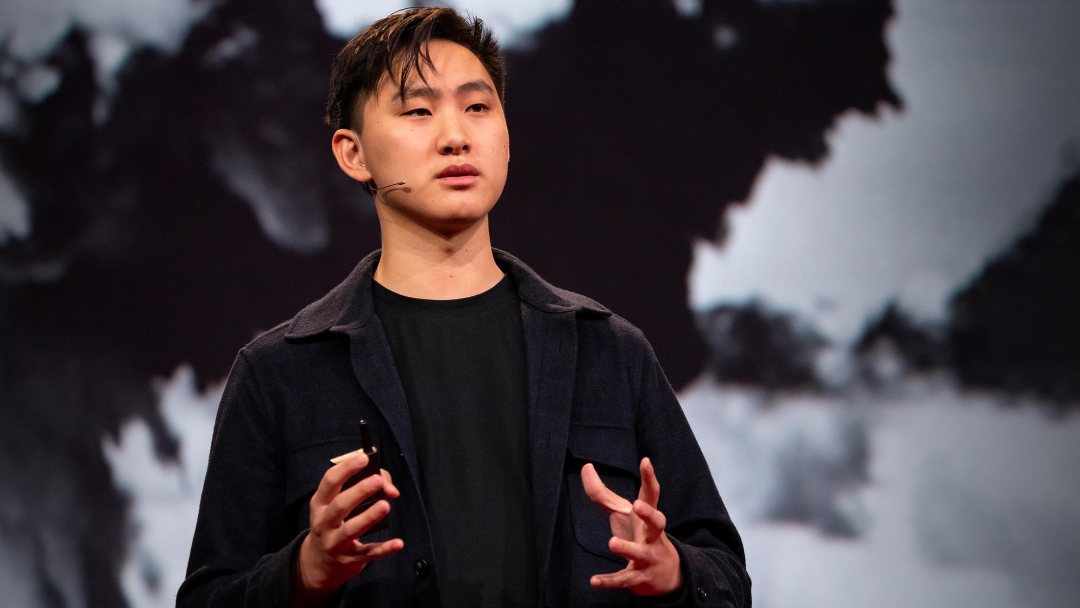
Although Scale AI, under the leadership of Alexandr Wang, has provided high-quality data annotation services to many AI companies and achieved rapid growth,However, there are doubts in the industry and even within Meta about this self-made billionaire leading the AI team.——From his radical style of behavior to his lack of AI background, in the short term, his joining Meta did cause quite a stir.
In his memo, he directly stated that "both Turing Award winner Yann LeCun and senior CEO Nat Friedman must report directly to him."Now, even the publication rights of the FAIR department led by LeCun are controlled by Alexandr Wang.
In response, some people commented that he "should not lead a field that he lacks a deep understanding of", while others believed that "his non-technical background but excessive packaging" raised questions about his "unworthiness".
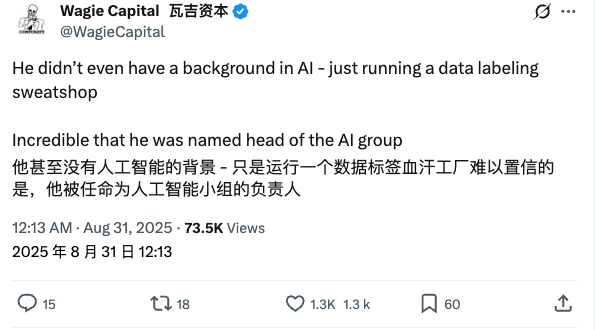
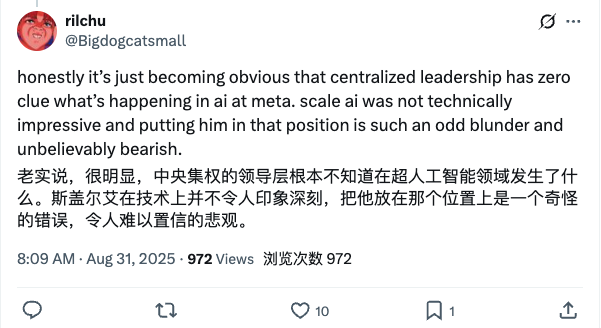
Even though there is much discussion about Alexandr Wang's appointment,But Zuckerberg has high hopes for him.In the memo, the CEO commented, "I have worked with Alex for many years, and I believe he is the most outstanding founder of this generation. He deeply understands the historical importance of superintelligence, and as co-founder and CEO, he has built Scale AI into a fast-growing company and participated in the development of almost all industry-leading models."
He played a leading role in the reorganization of the AI department.Personally promoted the division of the department into 4 professional groups.He believes that superintelligence is coming, and Meta must adjust its organizational structure around key areas such as AI research, products, and infrastructure to better meet the challenges.
Investing heavily in building a talent matrix: OpenAI accounts for 40%, DeepMind accounts for 20%
In addition to Alexandr Wang, Zuckerberg's multi-million dollar talent poaching program has also attracted numerous technical personnel from major tech companies like OpenAI, Microsoft, and Google. According to employee revelations received by X blogger @Deedy, Meta MSL is home to a wealth of talented individuals.As of July 19, MSL has 44 employees, of which 40% came from OpenAI, 20% came from DeepMind, and 15% came from Scale AI.And it predicts that the member's annual salary will be between $10 million and $100 million.
In addition, the list also shows that half of them are from China, 75% have doctoral degrees, 70% are researchers, 20% are at L8+ level, and 75% are first-generation immigrants.
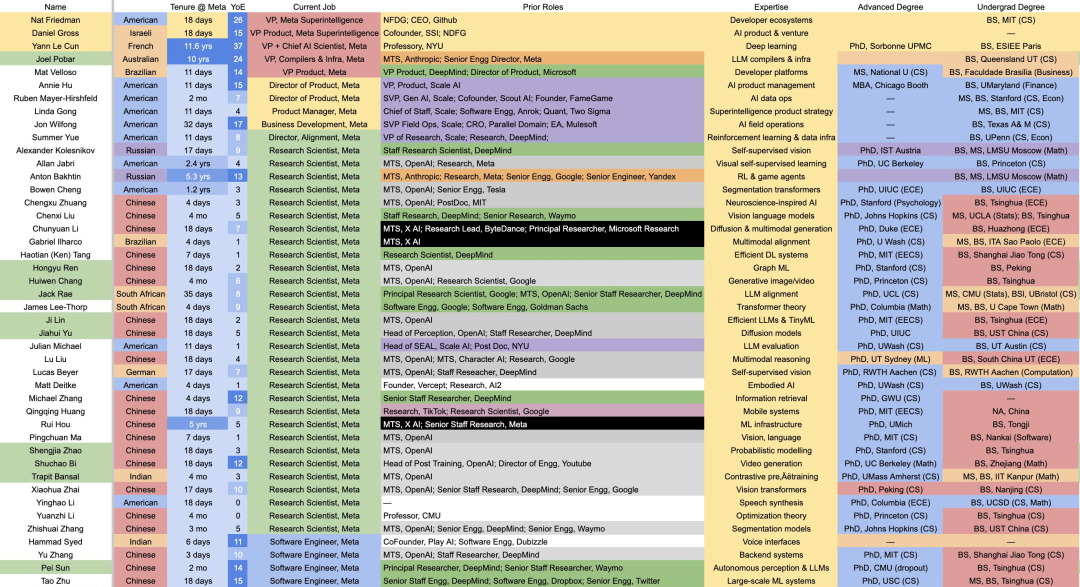
Looking at the overall organizational structure,The current MSL has formed a talent echelon headed by Nat Friedman, Daniel Gross, Joel Pobar, Yann LeCun and Joel Pobar.
Nat Friedman
Nat Friedman, born on August 6, 1977, is the former CEO of GitHub and former Chairman of the GNOME Foundation. He has long been active in the core circles of Silicon Valley's entrepreneurial and open source communities. After Microsoft acquired GitHub, he drove the rapid implementation of developer tools such as GitHub Copilot, making it a prime example of large-scale productization of AI tools. He currently serves on the board of directors of the Arc Institute and is an advisor to Midjourney.
In June 2025, Friedman reached an agreement with Meta and officially joined Meta Platforms in early July 2025. In an X post, he said, "My job is to build great AI products that billions of people love. This won't happen overnight, but after a few days, I'm confident that a bright future is just around the corner."
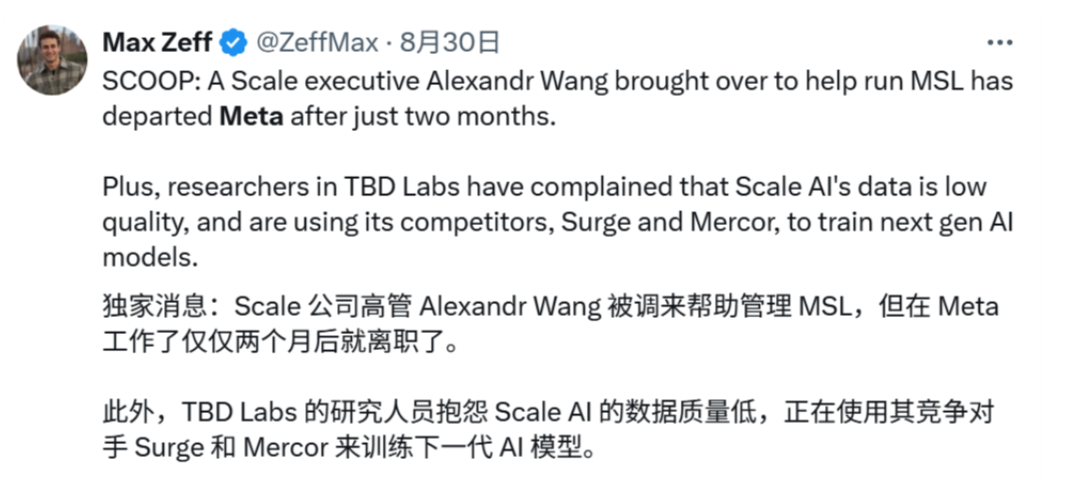
Zuckerberg stated in the memo, "Friedman will co-lead MSL with Alex, overseeing the development of Meta's AI-driven products and applied research." Meta recruited Friedman primarily for his strategic thinking and industry leadership. He will bring organizational and management experience to the team, helping Meta connect academic breakthroughs with industrialization strategies and driving the execution and implementation of the company's overall AI strategy. Zuckerberg commented on Friedman, saying, "Nat has served on Meta's advisory board for the past year, so he has a deep understanding of our roadmap and future goals."

Daniel Gross
Daniel Gross officially joined Meta MSL in early July 2025.Served as the head of AI product department.He was a partner at Y Combinator, co-founder of Cue, and led Apple's AI efforts. He has invested in well-known AI companies such as Figma, GitHub, Airtable, and Perplexity AI. In June 2024, he co-founded Safe Superintelligence Inc. and announced his departure in July 2025 to join Meta. In 2023, Time magazine named Gross one of the "Most Influential People in Artificial Intelligence" in its 100 Most Influential People in Artificial Intelligence list.

Yann LeCun
Yann LeCun’s influence needs no elaboration. This French-American computer scientist specializes in research in machine learning, computer vision, mobile robotics, and computational neuroscience. He is a Silver Medal Professor at the Courant Institute of Mathematical Sciences at New York University.
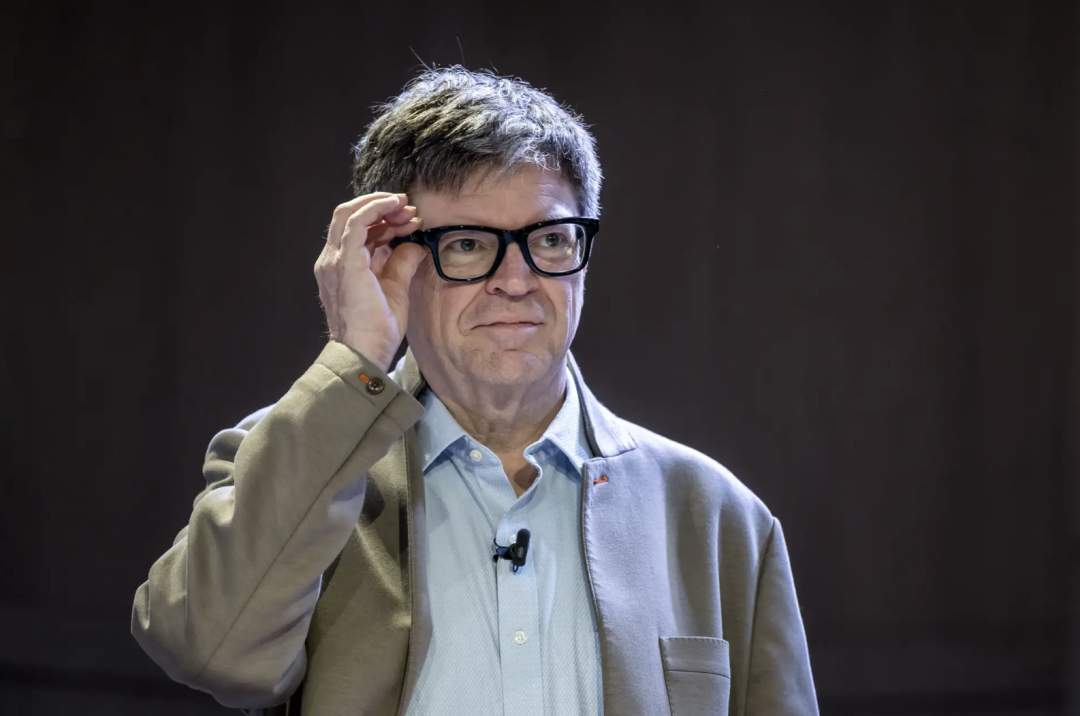
Yann LeCun joined Meta in 2013 and founded Facebook AI Research (FAIR) that year, serving as its first director.He currently serves as Vice President and Chief Artificial Intelligence Scientist at Meta.
He is known for his research in optical character recognition and computer vision using convolutional neural networks (CNNs). He is also one of the main developers of the DjVu image compression technology, co-developed the Lush programming language with Léon Bottou and Patrick Haffner, and received the Turing Award in 2018.
Joel Pobar
Joel Pobar is a highly qualified software engineering expert with over 24 years of software engineering experience, focusing on high-performance computing, compiler optimization, and building large-scale inference infrastructure.
Previously, he had worked at Meta for about 11 years, participating in and leading multiple core projects, including HHVM, Hack, Flow, Redex, performance tools, and machine learning-related tasks. In July 2025, he joined Meta MSL as Vice President of Compilers & Infra, responsible for building and optimizing high-performance AI infrastructure.
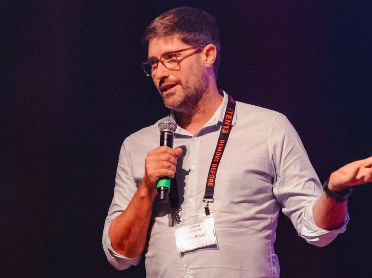
Mat Velloso
Mat Velloso is a Brazilian technology executive with a rich international career. He spent over a decade at Microsoft, holding various senior roles, including four years as a technical advisor to CEO Satya Nadella and an early member of the internal team that oversaw the development of ChatGPT. In early 2024, he joined Google DeepMind as Vice President of Developer Platform and Products, responsible for driving the implementation of AI tools such as Google AI Studio, the Gemini API, and Gemma, supporting the developer ecosystem.
In July 2025, Mat Velloso officially joined Meta MSL.Served as Vice President of Developer Platform Products, responsible for the developer platform product strategy,It aims to transform Meta's AI technology and research results into tools and platforms that developers can use, thereby strengthening the developer ecosystem.
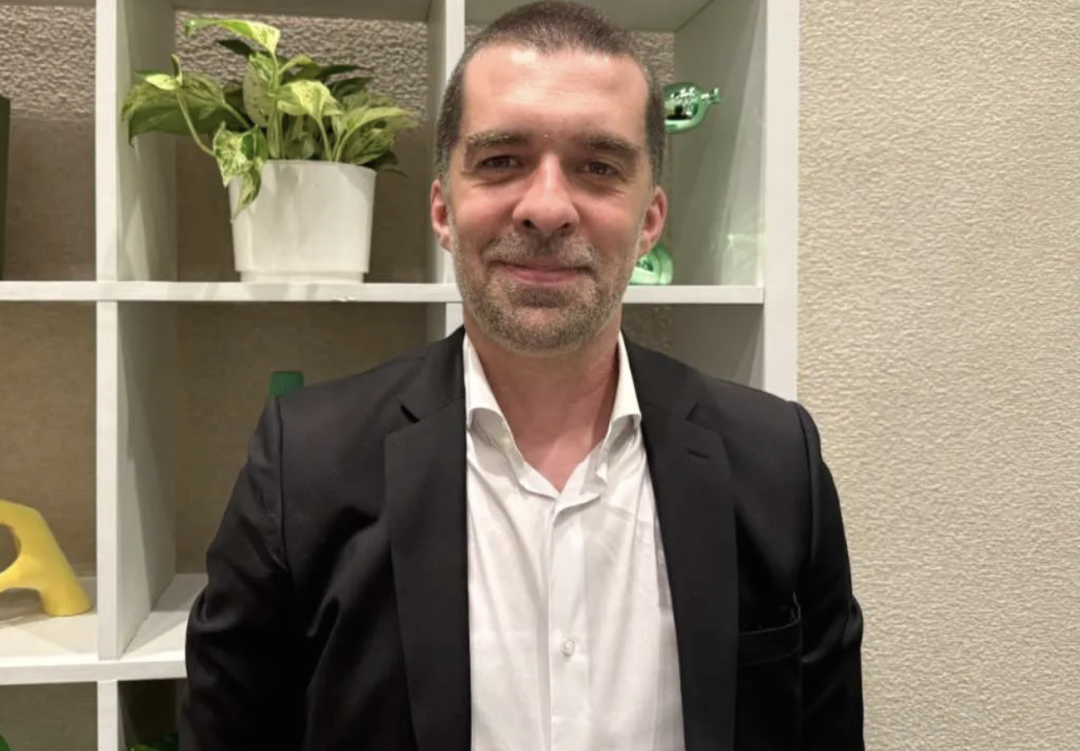
In addition, in the memo, Zuckerberg also revealed for the first time 10 top talents who were "poached" from OpenAI, Anthropic, and Google DeepMind.
* Trapit Bansal ——Pioneer of thought-chain reinforcement learning and co-creator of OpenAI's o-series models.
* Shuchao Bi — Co-founder of the GPT-4o speech model and o4-mini. Previously led OpenAI's multimodal post-training project.
* Huiwen Chang — Co-creator of GPT-4o image generation, who invented MaskGIT and Muse text-to-image architectures at Google Research
* Ji Lin ——Helped building o3/o4-mini, GPT-4o, GPT-4.1, GPT-4.5, 4o-imagegen, and the Operator inference stack.
* Jack Rae ——Gemini pre-training technical lead, responsible for Gemini 2.5 reasoning. Led DeepMind's early large language model (LLM) projects for Gopher and Chinchilla.
* Hongyu Ren Co-founder of 4o, 4o-mini, o1-mini, o3-mini, o3, and o4-mini. Previously led OpenAI’s post-training team.
* Johan Schalkwyk ——Former Google researcher, early Sesame contributor, and Maya technical lead.
* Pei Sun —Head of the late-stage training, encoding, and inference teams at Google Deepmind Gemini. Previously, he created the last two generations of Waymo’s perception models.
* Jiahui Yu Co-founder of o3, o4-mini, GPT-4.1, and GPT-4o. Previously led the perception team at OpenAI and co-led multimodal models at Gemini.
* Shengjia Zhao Co-creator of ChatGPT, GPT-4, all mini-models, 4.1, and o3. Previously led OpenAI's synthetic data work.
As of mid-August, Meta had successfully poached more than 20 researchers and engineers from OpenAI, at least 13 from Google, at least 6 from Scale AI, 3 from Apple, 3 from xAI, and 2 from Anthropic.A total of more than 50 new employees were added.
Triggers of the pause: organizational restructuring and cost pressures
In fact, Meta's high stock-based compensation (SBC) strategy has also aroused high vigilance among industry insiders.In an August 18th research report, Morgan Stanley analysts pointed out that if these investments fail to generate substantial innovation, they could dilute shareholder buybacks and capital returns. Meanwhile, a MIT report indicated that 95%'s generative AI project had failed to quickly generate returns, exacerbating market concerns about an AI investment bubble. OpenAI CEO Sam Altman also warned investors against "overexcitement" about the AI hype.
Meta's hiring freeze occurs against the backdrop of plummeting distrust and high cost pressures, and is consistent with the market's reverse expectations of the company's strategic pace.
The hiring freeze is closely tied to a restructuring of Meta's AI division. Meta is in the process of deeply restructuring its newly formed AI division, splitting it into four independent groups, each with a unique and critical mission.
The TBD laboratory is led by Alexandr Wang.Mainly committed to the research and development of super intelligence, many newly recruited top talents gather here. They will focus on exploring how to build AI systems that can surpass human intelligence in cognitive tasks.
AI Products & Applied Research is led by Nat Friedman.Focusing on the development and application research of artificial intelligence products. Their work focuses on transforming advanced AI technologies into practical products and services to meet market demand and enhance Meta's competitiveness in the field of AI products.
The MSL Infra team was taken over by Aparna Ramani,This team is primarily responsible for building and maintaining AI infrastructure. A robust infrastructure is crucial for the efficient operation and large-scale application of AI technology. This team will be dedicated to building advanced computing platforms, data storage, and processing systems, providing a solid foundation for Meta's AI R&D and applications.
The FAIR team focuses on projects with longer time horizons and a more exploratory nature.They will delve deeper into basic research, explore new theories, methods, and applications of AI technology, and provide a continuous source of power for Meta's AI technology innovation.It is currently led by Turing Award winner Yann LeCun.
These four teams are part of the Meta Superintelligence Lab, the establishment of which underscores Meta CEO Mark Zuckerberg's commitment to AI, particularly his unwavering commitment to building AI systems that surpass human cognitive capabilities. Meta's dismantling of its existing teams and structures, relocating talent by function, suggests that what may have been an aggressive expansion phase for its AI organization is now entering a phase requiring consolidation, planning, and efficiency improvements. Through this restructuring, Meta aims to optimize the deployment of its existing AI workforce, maximize the multi-billion dollar investment in talent recruitment, and build a more efficient and collaborative AI R&D system.
Organizational structure fluctuations trigger a wave of employee resignations
Despite announcing a hiring freeze, Meta's poaching efforts for strategically key positions continue.According to people familiar with the matter, Frank Chu, the former head of Apple's AI team focusing on cloud infrastructure, training and search, will join MSL. After joining Meta, Chu will join a new team called MSL Infra, which is mainly responsible for artificial intelligence infrastructure.
This incident appears to contrast sharply with Meta's decision to suspend hiring. However, sources familiar with the matter indicate that this hiring was a special case, approved by Meta's Chief AI Officer, Alexandr Wang. This also indirectly demonstrates that while Meta has paused large-scale hiring, it remains highly focused on and actively recruiting core talent in key areas.
Although Meta has built a powerful AI talent matrix in the eyes of the outside world, there are undercurrents behind this vigorous talent gathering.According to a report by Business Insider, at least nine employees resigned from MSL less than two months after its founding.Ruben Mayer, a former Scale AI executive who joined with Wang, resigned after just two months. Even former OpenAI researcher Avi Verma completed Meta's onboarding process but left without ever starting work.
While Zuckerberg failed to retain his newfound love, veteran employees, feeling marginalized, also left in anger. The primary reason was that employees who moved to MSL were promised more computing resources, which inevitably marginalized veteran employees, with computing resources squeezed by the new department. Faced with this significant imbalance in compensation, veteran employees were leaving in droves. For example, Chaya Nayak, a 9-year veteran, and Loredana Crisan, a 10-year veteran, recently announced their departures.
In addition, Meta's management strategy and corporate culture are also key factors leading to talent loss:New employees were disappointed with Meta’s bureaucracy and internal resource competition, especially the failure to deliver on the promised computing power support. Wang and some colleagues from Scale found it difficult to adapt to Meta’s way of working, leading to a decline in team cohesion.
Chi-Hao Wu, an AI and machine learning expert who has left the company, said some Meta AI employees sometimes felt insecure due to the constant restructuring. "In general, and this isn't my personal opinion, a lot of people on the AI team probably felt like things were too dynamic," he said. "There were a lot of organizational changes—in fact, my manager changed several times."
However, as one wave of problems continues to emerge, the technology is now facing multiple disagreements. According to several insiders, researchers from Meta's MSL department,The data provided by Scale AI, which the company spent a huge amount of money to introduce, is generally viewed negatively as "poor quality." Scale AI uses a low-cost crowdsourcing model, but as AI models become more complex, Surge and Mercor, which rely on highly skilled domain experts from the outset, are more widely accepted in the industry.
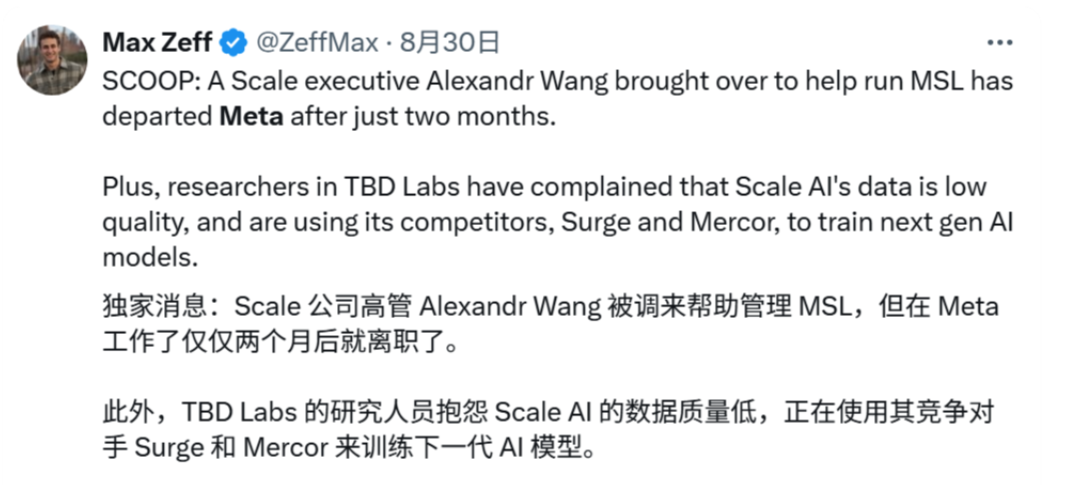
Faced with internal chaos and a lack of breakthroughs in core technology, many industry insiders speculated that Meta's 10 billion yuan investment would be in vain. According to insiders, faced with the reality of insufficient performance of its own models and dismal user activity of its AI assistant (only about 10% of monthly active users),MSL executives have begun discussing using Google Gemini or OpenAI models in Meta AI as a "stopgap measure" to improve product capabilities.
In the short term, Zuckerberg's significant investment in talent acquisition and team restructuring appears to have not only failed to deliver results but has actually disrupted the existing order. Will the highly anticipated next-generation model be further delayed by internal issues within the MSL team? Can this elite team elevate Meta to a leading position in AI? These questions remain to be seen.
References:
1. https://www.businessinsider.com/meta-ceo-mark-zuckerberg-announces-superintelligence-ai-division-internal-memo-2025-6
2. https://wallstreetcn.com/articles/3749053
3. https://www.techinasia.com/news/meta-hires-apple-ai-executive-frank-chu
4. https://www.businessinsider.com/meta-superintelligence-team-researchers-exit-ai-push-2025-8
Get high-quality papers and in-depth interpretation articles in the field of AI4S from 2023 to 2024 with one click⬇️
